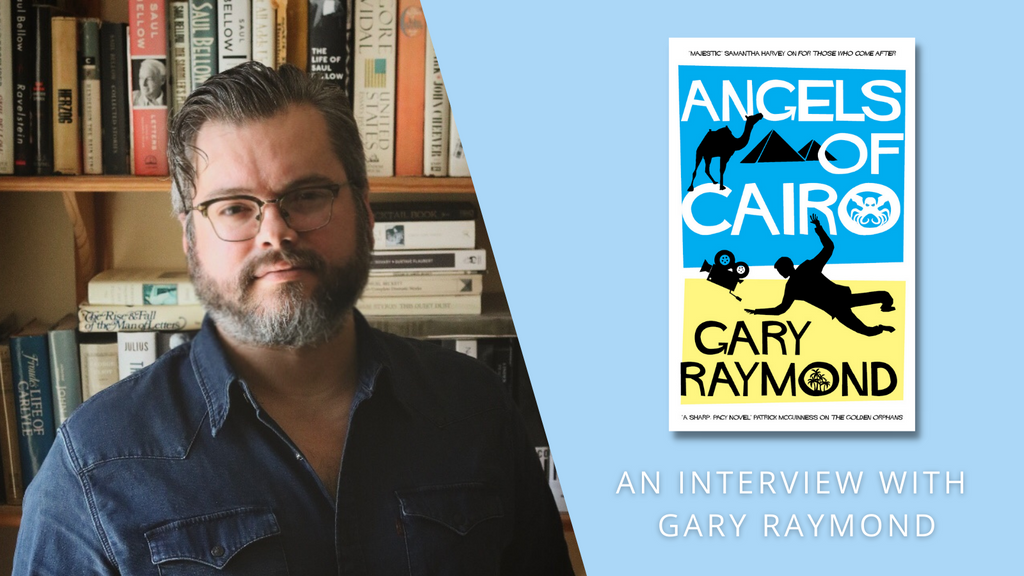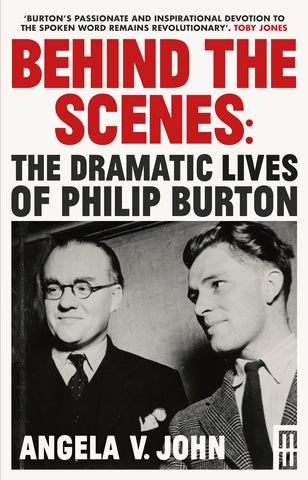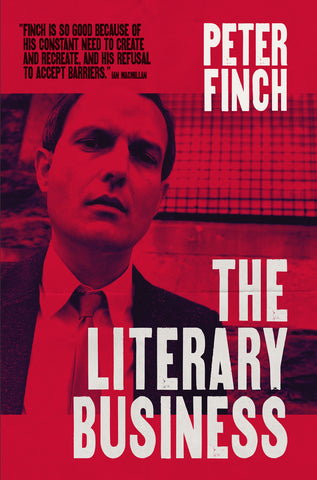Holly Porter caught up with Gary Raymond to ask a few questions about his forthcoming novel, Angels of Cairo, and writing in general.
Don’t spend too much time in the early drafts sympathising with your characters. You can’t succumb to desires to protect them. Comedy is about conflict. The more you punish your characters, the funnier people will find it. People are sick that way, but I’m just trying to make people laugh, not change the world.
The fundamental building block for writing things that are funny is the same for writing anything else: reading. If you want to write comedy literature, then you need to obsessively deconstruct the writers who make you laugh. Be it Marina Hyde or Bill Bryson or Allan Bennett or Michael Chabon or Jerome K. Jerome. Osmosis. Grow yourself a voice that way. That’s the theory, anyway. And if that doesn’t work, hit your characters with kitchen utensils every half a page.
2. What was the significance of including a Trump enthusiast as one of the supporting characters in your new novel?
After the last few years of political insanity, I came to the conclusion we are all just a narcissistic mental breakdown away from being Trump supporters. Men anyway. Or white men, at least. You have to decide when you get down there in the dirt whether or not you want to cast off the robes of pathetic masculinist chest-beating or become an arsehole in return for a bit of paper-thin self-worth.
Trump’s success was complex, and much brighter people than me have explained it at length elsewhere, but in Angels of Cairo the Trump fan, a professional rival of the protagonist, Cliff, represents something the protagonist could have become. He’s a symbol of how-low-would-you-go. As failure to be who we aspire to be pushes us further from who we think we are, we create whatever brand for ourselves we think can be perceived as success. Look at Laurence Fox running for London Mayor. He could be any number of egomaniacal failed actors from uber-privileged backgrounds. Difference is, Fox succeeded just enough on television for the tabloids to put some wind in his sails. Trump was the same. They both make (or made, in Trump’s case) noise on Twitter. Trump is the God of white men grasping for some kind of feeling of self-worth. Brexit was full of it. Look at Dominic Cummings, writing five-thousand-word blogs normalising crackpot social theory, and all the sad little people around him in politics and the press treating him like a cross between Jesus and Roy Keane. He’s just admin. He’s Alistair Crowley without the sex appeal. That Fox guy is just another example. There are millions of them out there across the world. Propping up bars, ruining women’s nights out. That’s why that character is in my book: he’s a warning to the reader that no matter how bad Cliff’s behaviour, he’s not that bad, he hasn’t fallen that low.
3. This book very much reads like a film script. It is very visual in its formatting and content, and it’s as if we see Cliff’s day through a selection of scenes – was this purposeful and if so, why?
It’s partly because it’s reflecting the framing of the narrative, that Cliff is in Cairo to present his latest film for a festival prize. But also because that scene-like staccato gives the comedy a certain rhythm – it’s supposed to have an effect on the reading rhythm. It gives each moment a certain focus. It also means my craft now is to get to the point. To do it as entertainingly and stylistically as possible. But to get to the point. Which I guess is a filmic principle. In this case, because it’s thematically linked to the book, the indulgences of literature are minimal.
4. In that same vein, have you ever considered writing a script for film, TV or radio?
People often comment that my books are cinematic and are ready-made for adaptation to screen, and like any writer, I’d be happy for that to happen. I adapted half of my last novel, The Golden Orphans, but abandoned it because…well – frankly, I had another book to write. If the opportunity came along to write for film or TV, I’d be very interested; but at the moment I’m concentrating on books, as clearly that’s where the money is.
All of the characters in Angels of Cairo were invented to reflect the anxieties and failures of the protagonist. Of course, the trick is to make those characters full and realised and not just symbols of anxieties and failures, so I’ll just have to leave it to the reader to decide whether or not I’ve managed that.
But also, Lewis works as something of a straight man, the rock around which Cliff has his meltdown. We live in an age of tags, so I suppose you could view Lewis as “neuro-divergent” or however you want to analyse him. But for me, he was a pillar for the comedy in the constructing, and the comedy all emanates from Cliff’s neuroses and vulgarities and egocentrism. Lewis is, of course, completely made up, as much as he is completely based on countless people I’ve known in my life. But that’s just what writing fiction is. People spark ideas, but people aren’t in my books, characters are. How boring would my writing be if I put actual people in my stories? But if you want to talk bottom line, Lewis is there to serve the emotional arc of Cliff. Lewis’s actions and his inaction provide a series of triggers for Cliff, who is all kinds of fucked up just beneath the surface. Cliff’s shortcoming is that he sees Lewis as someone who is fucked up on the surface. In that sense, Cliff is all of us, and Lewis is the hero.
6. Is this book as much about dealing with grief as it is about the film industry?
I didn’t write the book with either of those things in my mind, but an interesting thing happened in the redrafting. The reason the story is set in the film industry is because I didn’t want it to be about the publishing industry. Too close to home. And the reason why Cliff’s mother dies during the making of his film was originally because I thought it was funny to take the piss out of Camus, or rather that generation of hipsters who would quote Camus at parties, who think the untranslatable first line of L’Etranger is the greatest line of literature ever written. And I think Cliff would have been one of those people, sitting at parties in the 90s with a copy in his overcoat pocket. So, by suggesting Cliff’s mother died and that he was so focussed on making his movie he couldn’t really be sure when it was, I was placing him in that pretentious clique of people who take themselves too seriously and other people not seriously enough and believe art is life and vice versa. But from that joke comes the theme of grief that ended up permeating the entire book. And the truth is, maybe this book, that is most definitely not about my mother, is about my mother (who is most definitely very much still alive, by the way).*
7. Towards the end of the novel, Cliff confesses his ‘fear of being no-one’, which feeds into his preoccupation with being seen – can you expand upon this characterisation of Cliff?
I’m writing about things that have occupied my mind for a long time, and Cliff is the device through which I’m doing that. This is what the book is about: how much will you sacrifice to serve a vapid sense of success? Abandon friends, family, wear a Make America Great Again baseball cap? I think it’s a take on the pressures endemic in the patriarchal frameworks we all operate within. Cliff isn’t climbing the corporate ladder, or bullying anyone, but he is convinced his voice is more important than anything else in his world. He isn’t even aiming for happiness, his ambition isn’t to be satisfied, there is no enjoyment to be had in being heard. It’s just fending off the chasm of despair that is being ignored, I guess. It’s an absurd notion; but I think my interest in it is personal. Writing is about getting to know yourself, and although Cliff is not me, writing him meant I learned a few things. Cliff is successful. He has made several films. But he is unfulfilled. Now, why is that? Perhaps because his ambitions are actually expectations. I don’t know…the answers, such as they are, lie in the layers of the narrative. You don’t write a novel just to excavate a soundbite or slogan. The answer is the whole book.
I have things I want to write about, but I don’t always know what they are until a place unlocks them for me and presents them as a potential novel. Wales hasn’t done that for me, yet. I’ve discovered I do need distance to write a novel, and that can be geographical or temporal. I’m making notes at the moment for a comedy set in Newport, where I’m from, but haven’t currently lived there for three or four years. It could be another ten years before I write it, but it is the first time I’ve ever really seriously considered writing about Newport. So, maybe that will be my Welsh novel. The past is another country, though, right? And there are plenty of people around who don’t think Newport is Wales, anyway.
I’m like a cross between Perry White meets William Randolph Hurst meets George Simenon meets Jerome K. Jerome meets Roger Hargreaves. You have to be tough to be a writer, and even tougher to be an editor. You need the courage of your convictions, and also the convictions of other people’s courage. I used to know a man who had at one point been the Washington Correspondent for The Observer and had been to Ben Bradlee’s birthday party and so I think some of Bradlee rubbed off on me. I also once warmed myself with a blanket Dylan Thomas had owned. Swings and roundabouts, really.
The original drive, for me, for doing The Review Show was to platform some new voices on the BBC who would talk and debate about the arts in Wales. Three years in, I think we’ve done that, and we’ll continue to do it as long as the show gets recommissioned. One of my passions, with the show and with founding Wales Arts Review in 2012, has been to raise the level of debate in the arts in Wales. I think both of those platforms have played a significant role in doing that. Of course, the downside to presenting The Review Show is I can never invite myself on to talk about my own books. But there you go. This is the sort of stuff that would drive Cliff to drink, you see. But not me. Because I’m not Cliff, and Cliff is not me.
*Angels of Cairo is definitely not about my mother.

Angels of Cairo is released next week and you can order your copy here.



